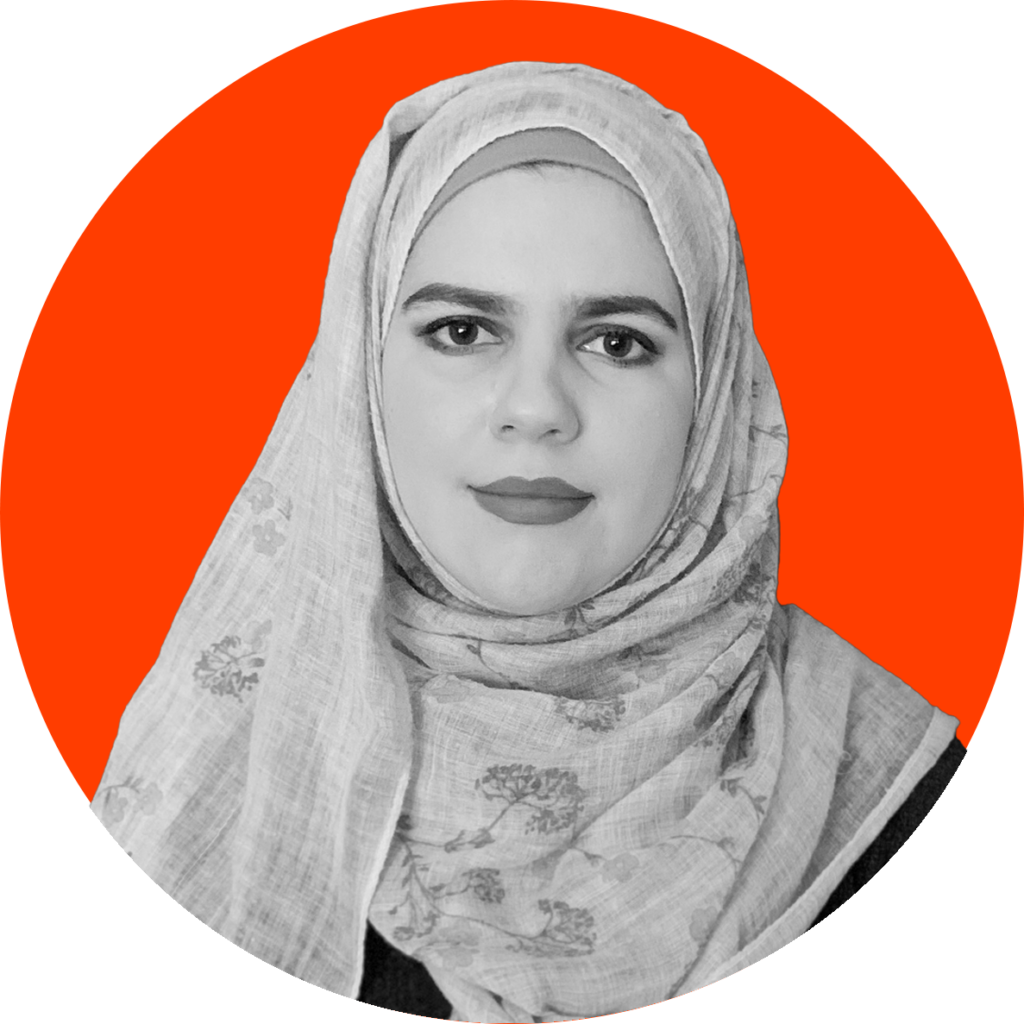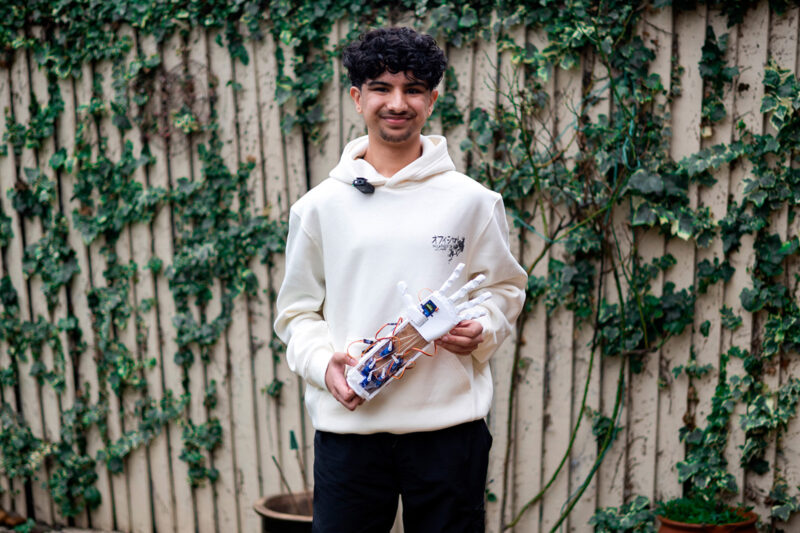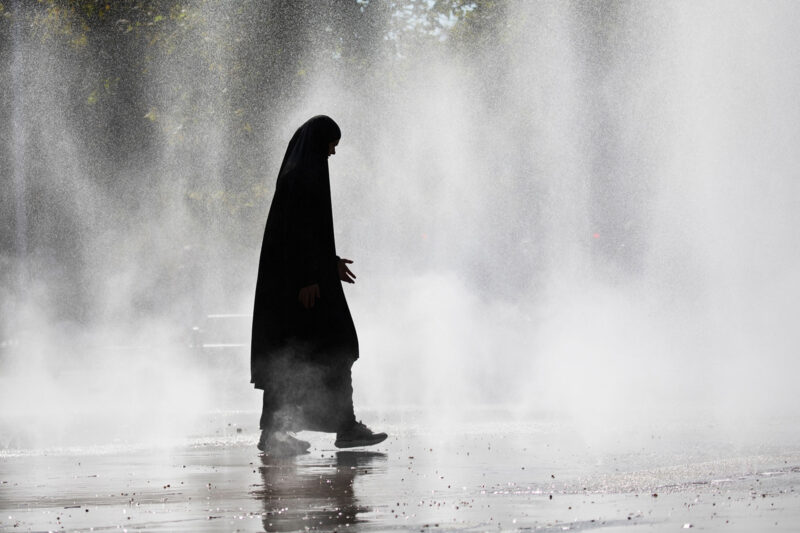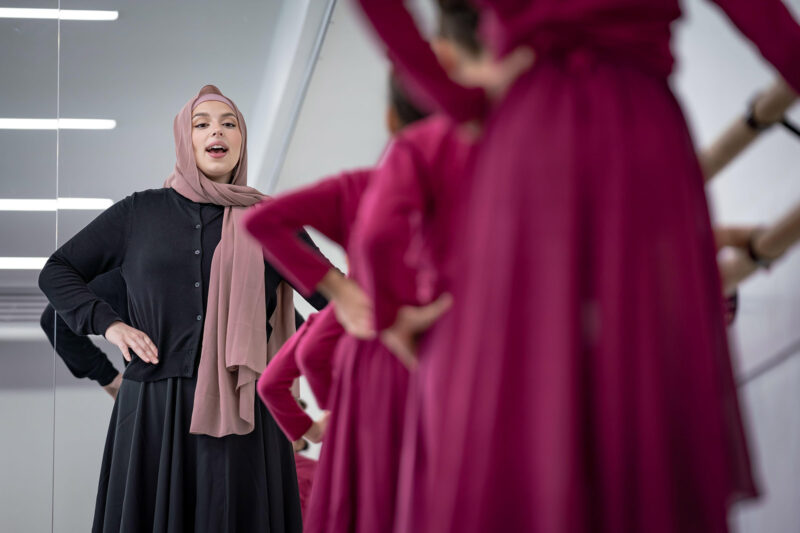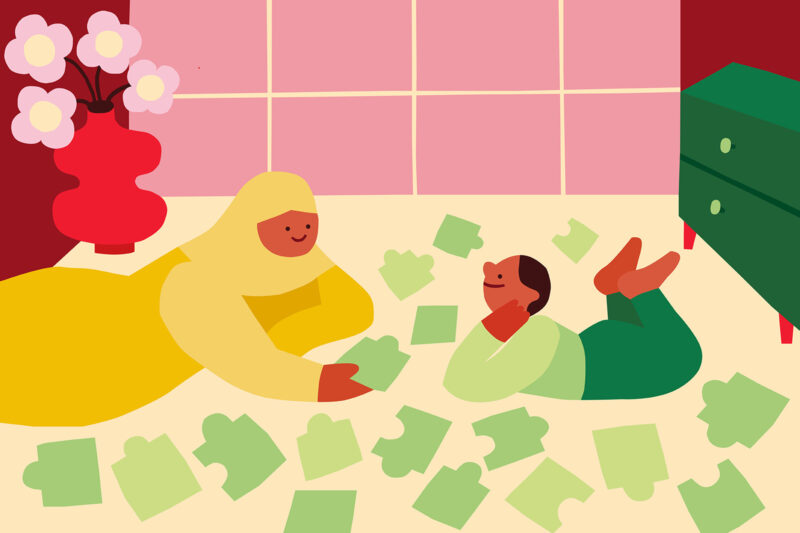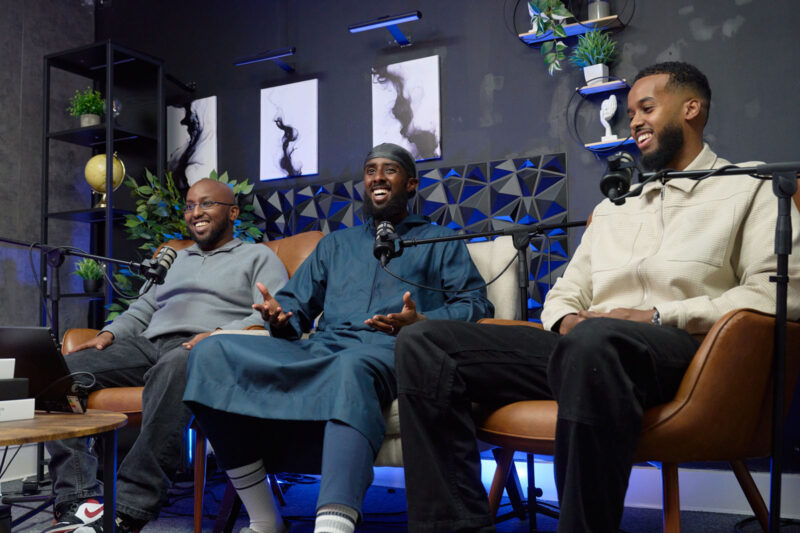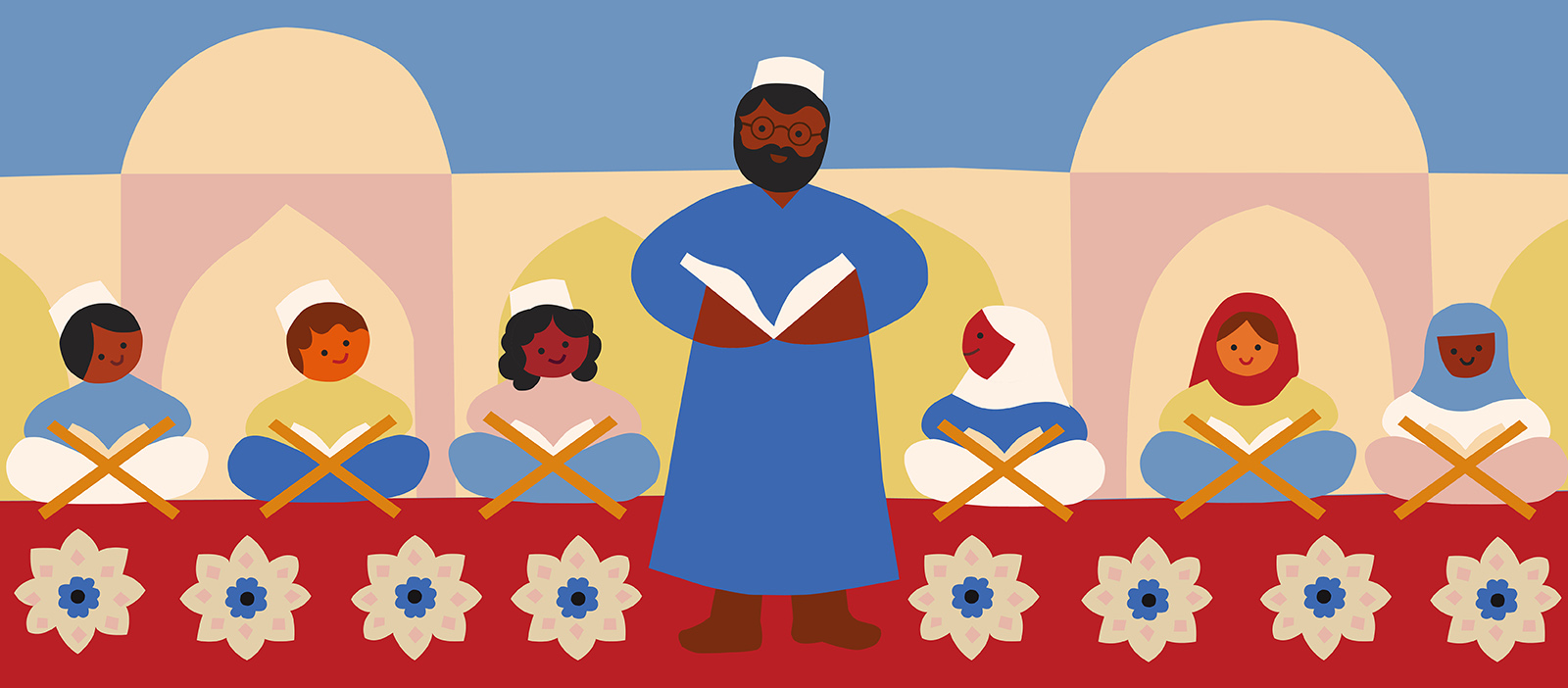
How should we choose the right madrasa for our child?
Deciding on your child’s education is one of the many difficult conversations one has as a parent
On a summer’s day six years ago as my husband and I walked in the park, our conversation somehow turned to madrasas. It quickly escalated into an argument — albeit not a serious one — as I insisted our child would go to a Saturday school like I did, while my husband wanted them to go to an after-school madrasa five days a week, as he had.
We had not even thought about trying for a baby at that point.
I disagreed — and still do — with the idea of sending my son to a madrasa for two hours, five evenings a week after a long day at school. When is he meant to do his homework? After work, will either of us really have the energy to do the pick-up and drop-off? And at the end of the day, there wouldn’t be much time to spend with Ammar before he goes to bed.
From my point of view, it makes more sense for Ammar to go to a Saturday school, as I did. Plus, it would give my husband and I a precious half-day to ourselves.
But he thinks going to school on a Saturday is cruel and that our son should have the full weekend free.
Attending madrasa or Saturday school is a rite of passage for Muslim children up to the age of 16, when they then need to focus on their GCSEs. It’s an opportunity to socialise with other Muslim children and, hopefully, develop a feeling of belonging and a stronger sense of identity.
Both my husband and I agree on that, but our approaches are different and we can’t seem to reach a compromise.
I believe Ammar should go to a madrasa where the teachers are native Arabic speakers. My husband doesn’t think that’s important — he went to one where the teachers were from Pakistan, like him. He learned how to read and memorise the Qur’an and was taught Islamic studies, but he cannot speak or understand Arabic.
We also follow different Islamic schools of thought and there are slight variations in some of the Islamic rulings and in the way we pray. My husband wants our son to go to a madrasa that follows his school of thought, whereas I would like him to be among pupils from a diverse range of backgrounds.
It’s a decision that weighs heavily on many Muslim parents. I believe we have a responsibility to ensure our children grow up with a strong foundation in their faith. My own education from the age of six gave me a deep connection to Islam, which has set me up for life. Even if people decide to engage independently later in life, it’s much more challenging to learn a new language and memorise the Qur’an as an adult.
I’ve looked to my friends with older children for advice on this dilemma. Now, thankfully, there is a wealth of online resources and children’s books that make teaching Arabic and Islamic studies to young children a lot easier than in my day.
When the Covid-19 pandemic hit, the big transition to online learning included madrasas and some have continued to provide a distance-learning option in addition to in-person classes. Now you can connect to a Qur’an, Arabic or Islamic studies teacher anywhere in the world via video call, giving parents a flexible way to provide their child with an Islamic education. The online lessons tend to be a few hours a week rather than every day, so we would get to spend more time together as a family.
It’s an option we’re considering, as it might just be the compromise we’re looking for. But still, online tuition wouldn’t give our son the social aspect of an in-person madrasa, and the tutors are arguably harder to vet for safety and quality.
Ultimately, should Ammar not like the madrasa we end up choosing for him, we wouldn’t force him to keep going there. We would seek out other options until he is a young adult and responsible for making his own choices.
This is about more than just picking the right Islamic education for Ammar. As parents, our ability to compromise and communicate is being put to the test and the way we go about it could be indicative of our future together. This is the first of many decisions we will make together for Ammar, God willing, and each one will be a learning process.
Though the path might not always be straightforward, we’ve come to the conclusion that the best we can do is weigh up the pros and cons. We can implement the Islamic principle of shura, or consultation, and seek guidance from our parents, family elders and friends with older children. And we will do what we do for every major life decision: pray istikhara and ask Allah to guide us on what is best for our son’s deen and wellbeing.
 Newsletter
Newsletter

